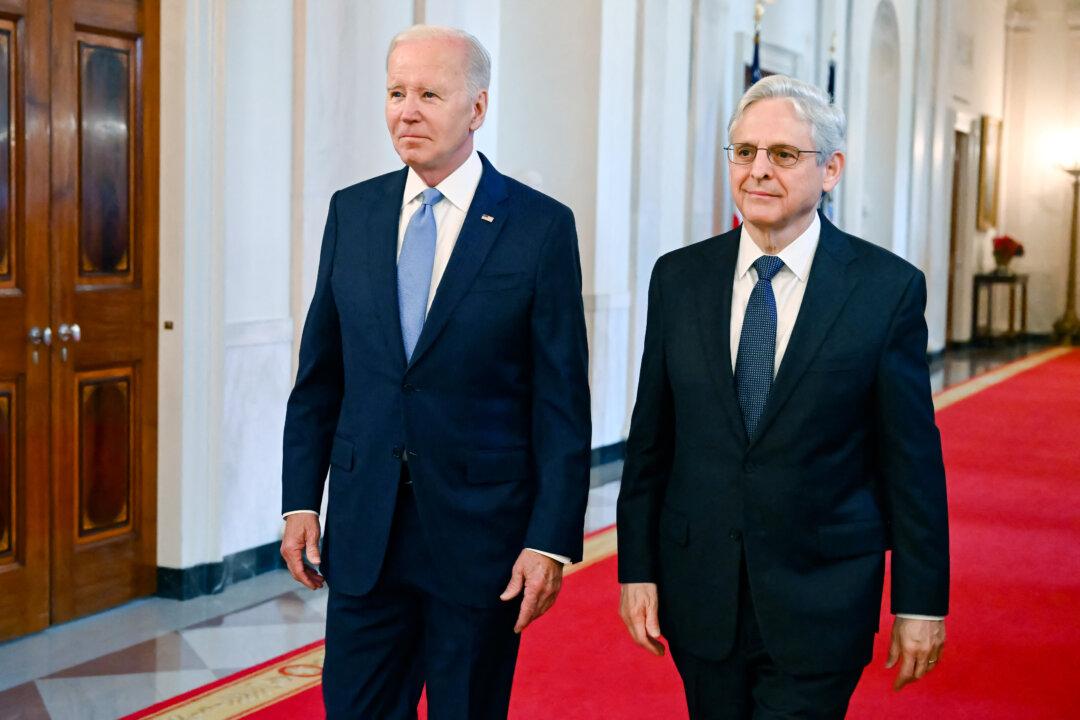The media recently obtained letters that shed light on the conflict between the White House and the Justice Department before the release of a special counsel report on President Joe Biden’s handling of classified documents.
In a letter to Attorney General Merrick Garland obtained by Politico, the White House lawyers criticized Special Counsel Robert Hur’s report a day before its release, saying it “openly, obviously, and blatantly” violates the Justice Department’s policy.





